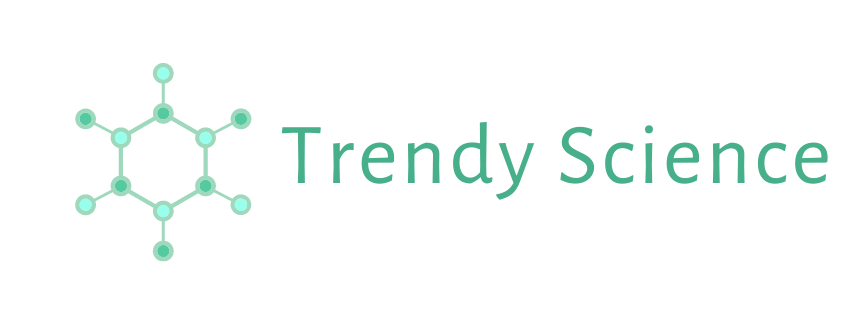Introduction
Research skills are crucial for success both academically and professionally. In the modern era, where information is abundant, students must develop the ability to search for, collect, analyze, and apply information effectively. In most cases, students acquire research skills in school, but research is not limited to the classroom. Students can develop research skills beyond the classroom through various activities and experiences. In this article, we will explore five ways that students can develop research skills outside the classroom.
- Volunteer work
Volunteering is an excellent way for students to develop research skills. By volunteering, students can gain experience in various fields, such as medicine, law, and social work, and apply research techniques to solve real-world problems. For example, if a student volunteers in a hospital, they can observe and document patient symptoms and treatment plans to identify patterns and propose improvements.
- Online courses
The internet offers a vast array of online courses that cover different topics, from coding to creative writing. Many of these courses require students to conduct research on a given topic, analyze the data collected, and write reports. By enrolling in these courses, students can learn research skills and apply them to various areas of study. For instance, a student interested in entrepreneurship can enroll in an online course on starting a business and conduct research on market trends, consumer behavior, and competition.
- Internships
Internships offer students an opportunity to apply classroom knowledge to real-world situations. Interns are often assigned research tasks, such as market research, data analysis, and customer surveys. By participating in internships, students can develop research skills, including data collection, analysis, and interpretation. For example, an intern working in a marketing agency can conduct research on consumer preferences, demographics, and market trends to assist in developing effective marketing campaigns.
- Extracurricular activities
Extracurricular activities such as debate clubs, writing clubs, and science fairs can help students develop research skills. These activities require students to conduct research on a particular topic, analyze data, and present their findings to an audience. By participating in extracurricular activities, students can learn research skills, such as critical thinking, data analysis, and effective communication. For instance, a student in a writing club can conduct research on a particular genre, such as science fiction, and analyze the themes, styles, and techniques used by different authors.
- Personal projects
Personal projects, such as writing a novel, starting a blog, or designing a website, can also help students develop research skills. These projects require students to conduct research on various topics, such as plot development, web design, and SEO optimization. By undertaking personal projects, students can learn research skills, such as information organization, critical thinking, and problem-solving. For example, a student writing a novel can conduct research on a particular historical era to ensure that the novel's setting and characters are accurate.
Conclusion
In conclusion, developing research skills is vital for students to succeed in academic and professional settings. While research skills are often taught in the classroom, students can also develop these skills through various activities and experiences outside of school. By volunteering, taking online courses, participating in internships, joining extracurricular activities, and undertaking personal projects, students can learn and apply research skills in a real-world context. These experiences not only help students develop research skills but also enhance their critical thinking, problem-solving, and communication skills. By engaging in these activities, students can prepare themselves for success in their academic and professional careers.

